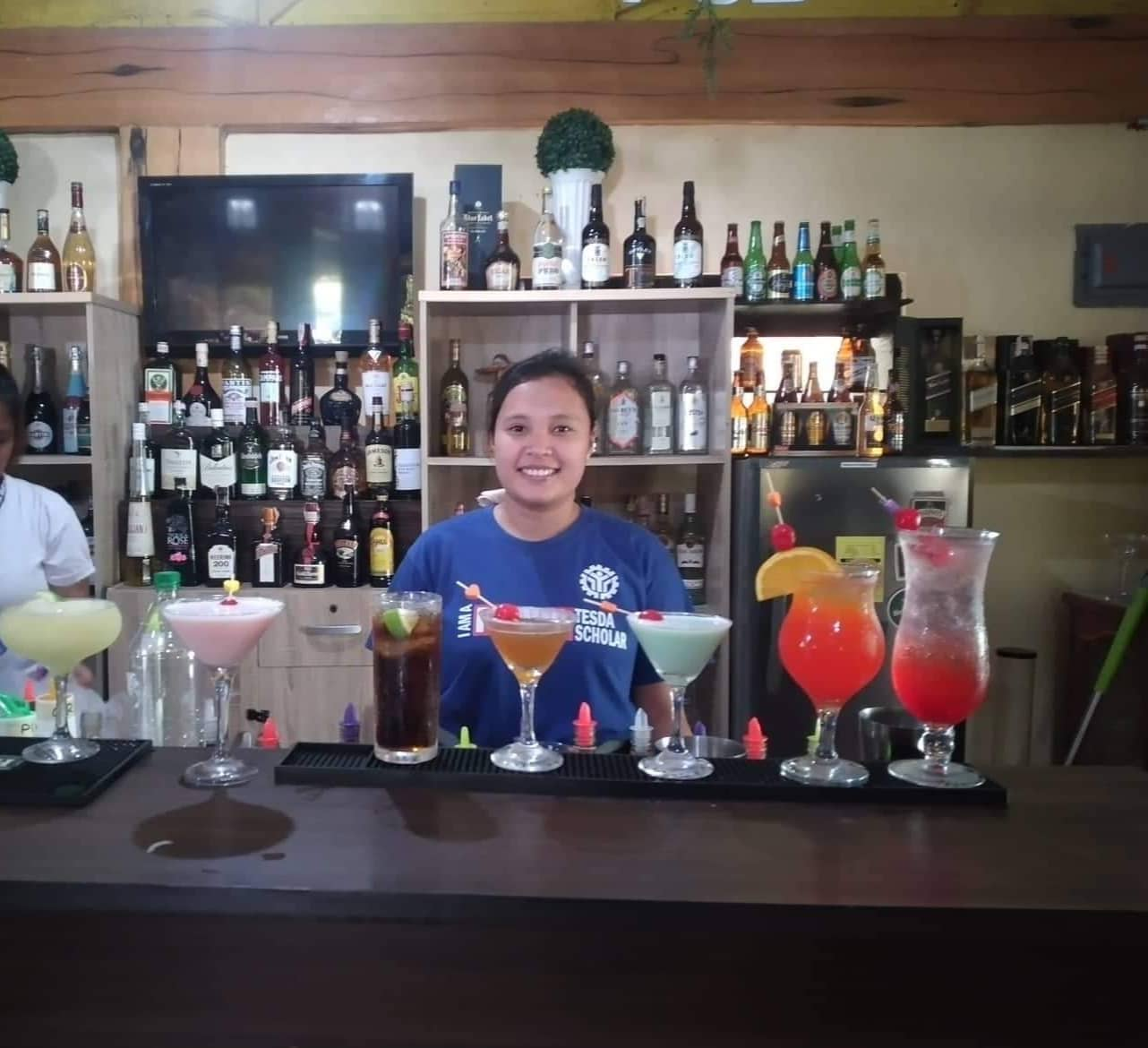
The Computer Systems Servicing NC II (National Certificate Level II) program, offered by the Technical Education and Skills Development Authority (TESDA) in the Philippines, provides comprehensive training in the installation, configuration, maintenance, and repair of computer systems and networks. This program equips individuals with the practical skills and theoretical knowledge needed for entry-level positions in the IT industry. The curriculum is designed to meet industry standards and prepare graduates for immediate employment.
Competencies of the Computer Systems Servicing NC II Program
The program's competencies are categorized into three levels: Basic, Common, and Core.
1. Basic Competencies: These foundational skills are essential for any workplace and emphasize professionalism and safety. Examples include:
- Participating in workplace communication
- Working effectively in a team environment
- Practicing career professionalism
- Practicing occupational health and safety procedures
2. Common Competencies: These skills are transferable across many IT roles and focus on quality standards, technical skills, and problem-solving. Examples include:
- Applying quality standards
- Performing computer operations
- Performing mensuration and calculation
- Preparing and interpreting technical drawings
- Using hand tools
- Terminating and connecting electrical wiring and electronic circuits
- Testing electronic components
3. Core Competencies: These are the specialized skills directly related to computer systems servicing. These form the core of the training and ensure graduates have practical hands-on skills. Examples include:
- Installing and configuring computer systems (including hardware assembly, operating system installation, driver installation, and application software installation)
- Setting up computer networks (including network configuration, troubleshooting, and maintenance)
- Setting up computer servers (including server configuration, user access management, and network service configuration)
- Maintaining and repairing computer systems and networks (including troubleshooting, diagnostics, and repair of hardware and software issues)
The specific tasks and knowledge required for each competency are detailed in the official TESDA training regulations for Computer Systems Servicing NC II. The total training duration is approximately 280 hours, distributed across the three competency categories. Successful completion of the program and assessment leads to the award of a National Certificate Level II (NC II) in Computer Systems Servicing.
- Teacher: Admin User





